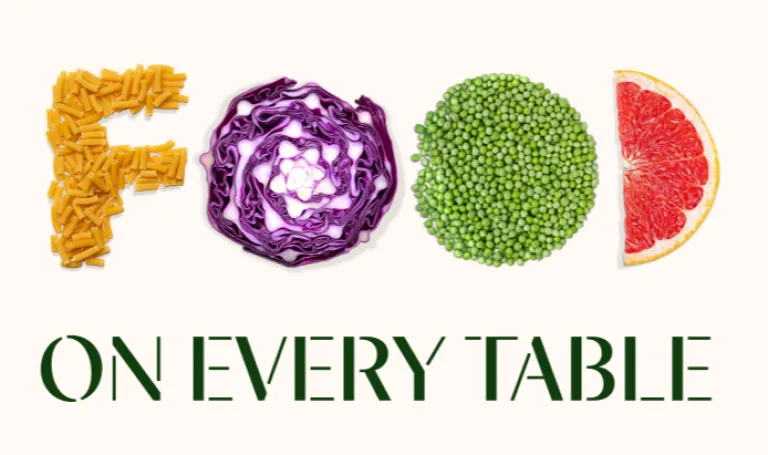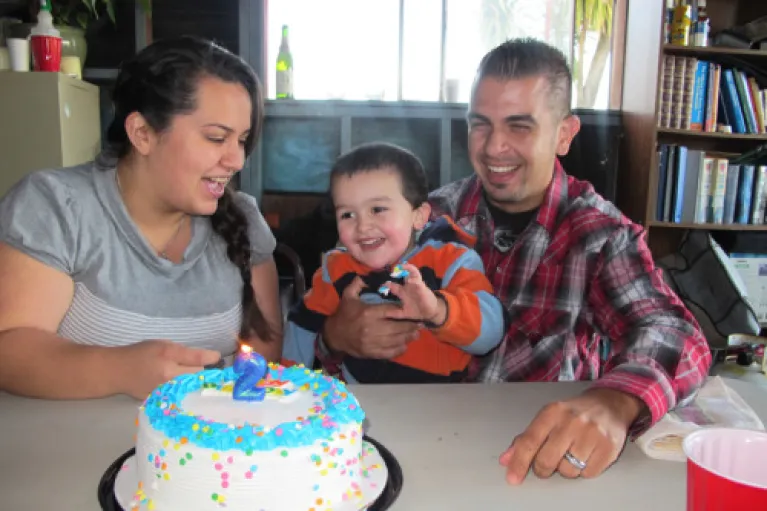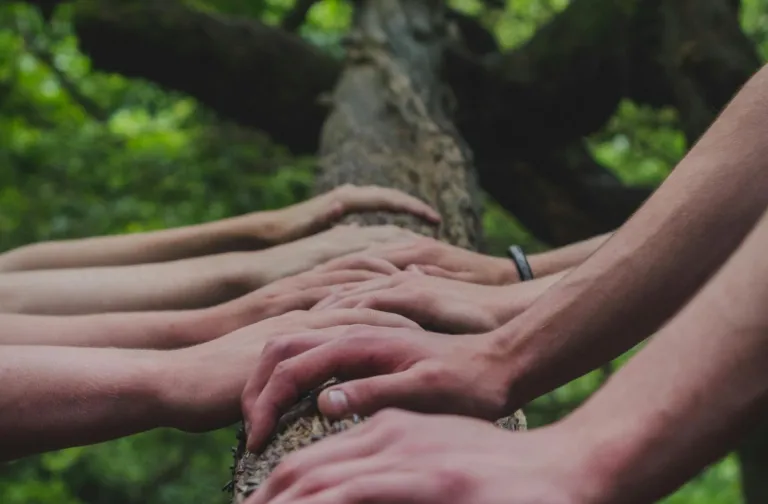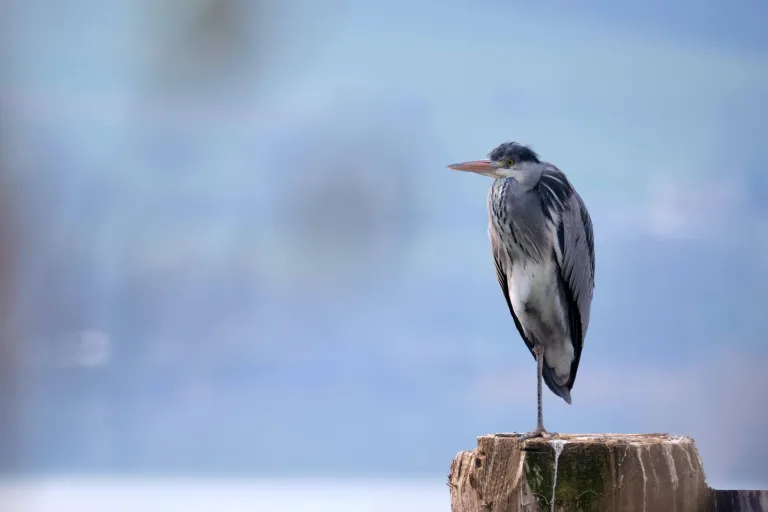Racial Justice
Making a meaningful difference to combatting white supremacy and racial injustice in the U.S. means committing to supporting organizations that are rooted deeply in—and trusted by—the African American and people of color communities they serve. This includes organizations that are grassroots and community-based as well as larger, national organizations, many of which are led by people of color.
MCF also recommends considering organizations that meet the following criteria laid about by Marcus Walton, President & CEO of Grantmakers for Effective Organizations:
Frame the issue — acknowledging how institutional barriers to progress persist today;
Focus on root causes — prioritizing the elimination of social and political barriers to progress that systemically and disproportionately prohibit thriving within historically marginalized communities;
Disaggregate data — illustrating through historical analysis that the concept of race in America remains a determining variable for inequity across identity groups, as reflected in disaggregated data (i.e. cataloguing data according to racial, gender, class, geographical, sexual orientation and other categories).
Please contact your MCF philanthropic advisor to learn more about organizations working towards racial equity.




